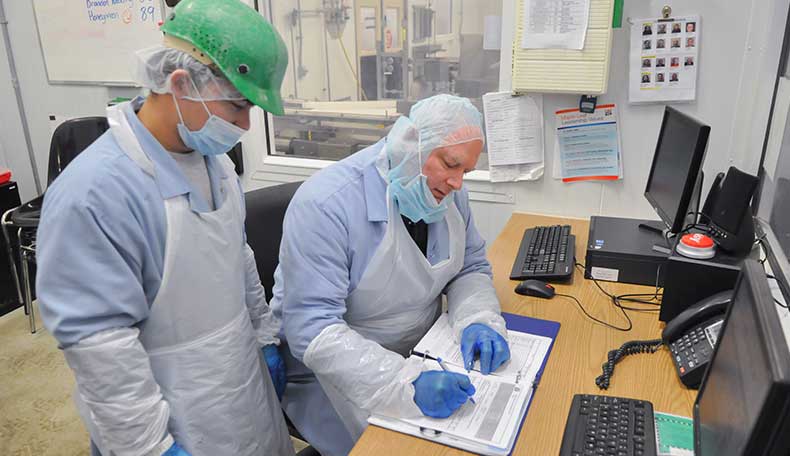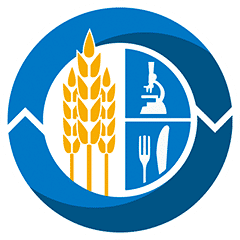


Please note: Subscription for this course ends six months from date of purchase.
Discover the tools, tips, and tricks needed to develop and implement your facility’s food defense program. Developed with the Food Protection and Defense Institute at the University of Minnesota, Food Defense Manager provides a comprehensive walkthrough of procedures and assessments easily integrated into your existing practice. You’ll walk away with practical strategies to better understand, prevent, and manage intentional adulteration threats.
Developed and brought to you by:

and

This course is best suited for food industry professionals who develop and implement their facility’s Food Defense Plan, mitigation strategies, and vulnerability assessments. Roles title may include:
What is food defense?
You may be familiar with food safety — the actions and activities related to reducing exposure of food to naturally occurring, unintentional hazards like foodborne pathogens. Food defense, on the other hand, protects the food supply from intentional adulteration.
What is the difference between food fraud and food defense?
The difference between food fraud and food defense revolves around the intention. Food defense relates to acts intended to cause wide-scale public health harm. Perpetrators of food fraud do not seek to cause health harm. Instead, they aim to benefit financially from food adulteration.
What is the purpose of a food defense program?
A food defense program includes the actions required by regulation, like building a Food Defense Plan to create a more robust food defense system. The purpose of a food defense program is to create a consistent food defense culture that works to protect the food supply from dynamic and evolving acts of intentional adulteration.
Do I need food defense training?
In short, yes! Each facility covered by the IA rule must prepare, document, and implement a Food Defense Plan. What’s more, FSMA requires food defense awareness training for key personnel and supervisors working at actionable process steps.
When do facilities need to comply with the IA rule requirements?
Per the FDA, the IA Rule “applies to both domestic and foreign companies that are required to register with the FDA as food facilities under the Federal Food, Drug, and Cosmetic (FD&C) Act.”
Facilities covered by the IA rule include:
Does Food Defense Manager fulfill the requirement for certified Food Defense Qualified Individuals (FDQI)?
Food Defense Manager provides training to meet FSMA’s IA rule training requirement for FDQIs conducting the following tasks. Food Defense Manager is equivalent to the FDA standardized curriculum. These tasks include:
What is a Food Defense Qualified Individual?
A Food Defense Qualified Individual must prepare their facility’s Food Defense Plan, conduct vulnerability assessments, identify and explain mitigation strategies, and perform reanalysis of the plan as appropriate. It is possible to use a group of FDQIs, or a single FDQI, to complete one or all of these tasks. These individuals understand how to implement IA Rule requirements and train employees on the necessary food defense procedures.
What is the difference between an FDQI and PCQI?
While an FDQI deals with the IA Rule and food defense plan, a Preventive Controls Qualified Individual (PCQI) is concerned with food safety under the Preventive Controls for Human Food Rule. A PCQI develops, implements, and oversees a site’s food safety plan and its application.